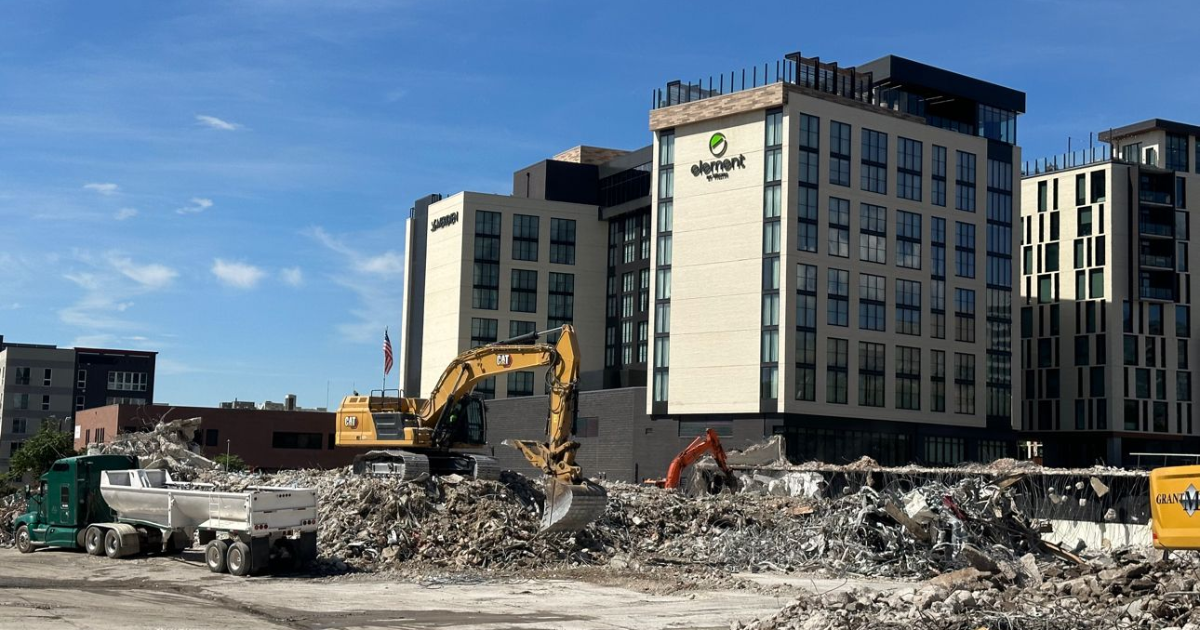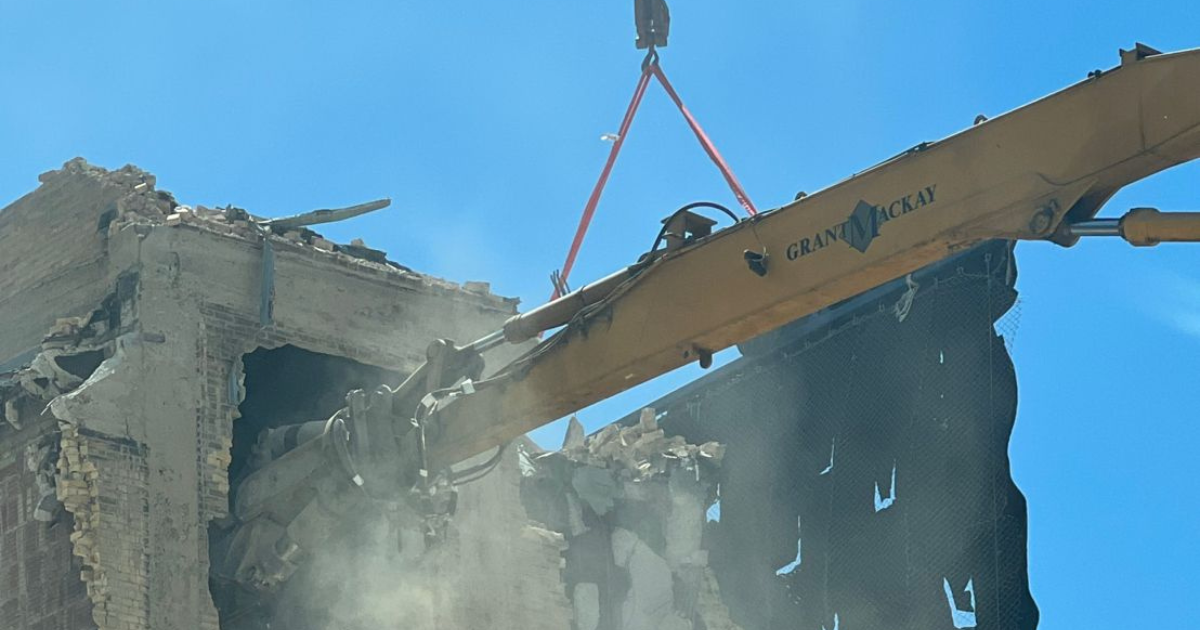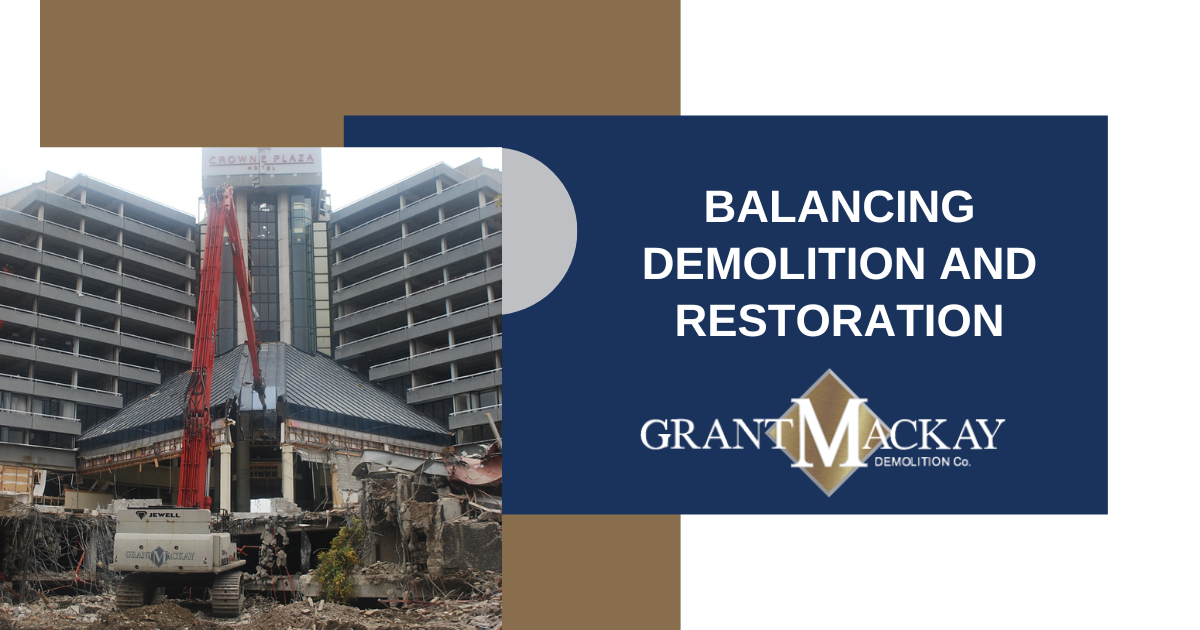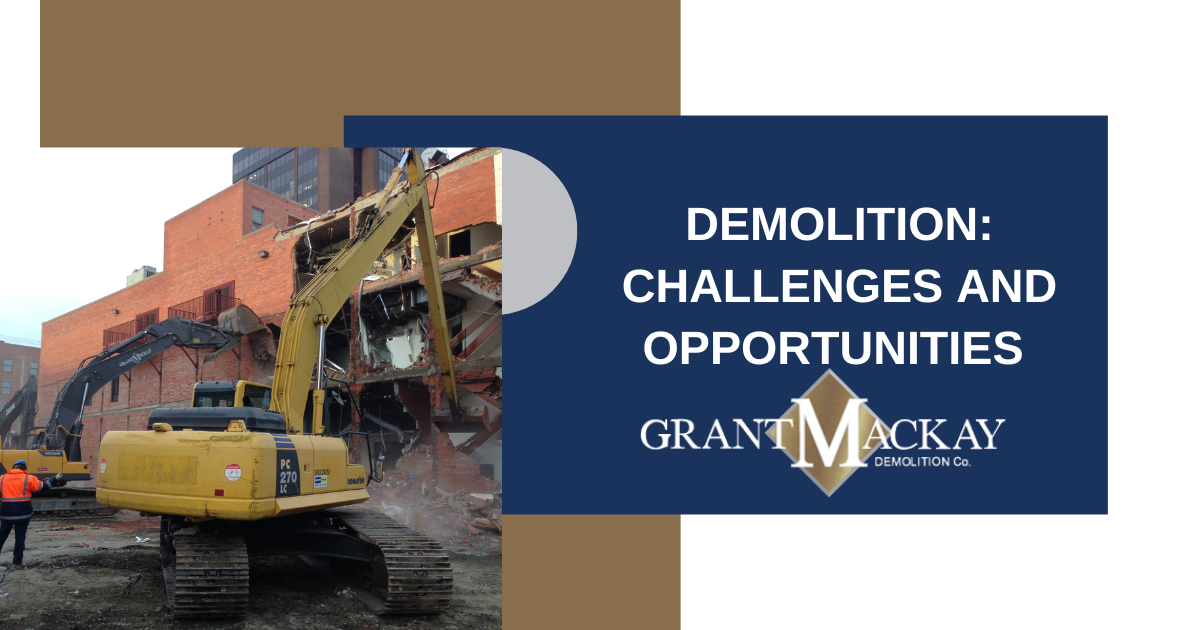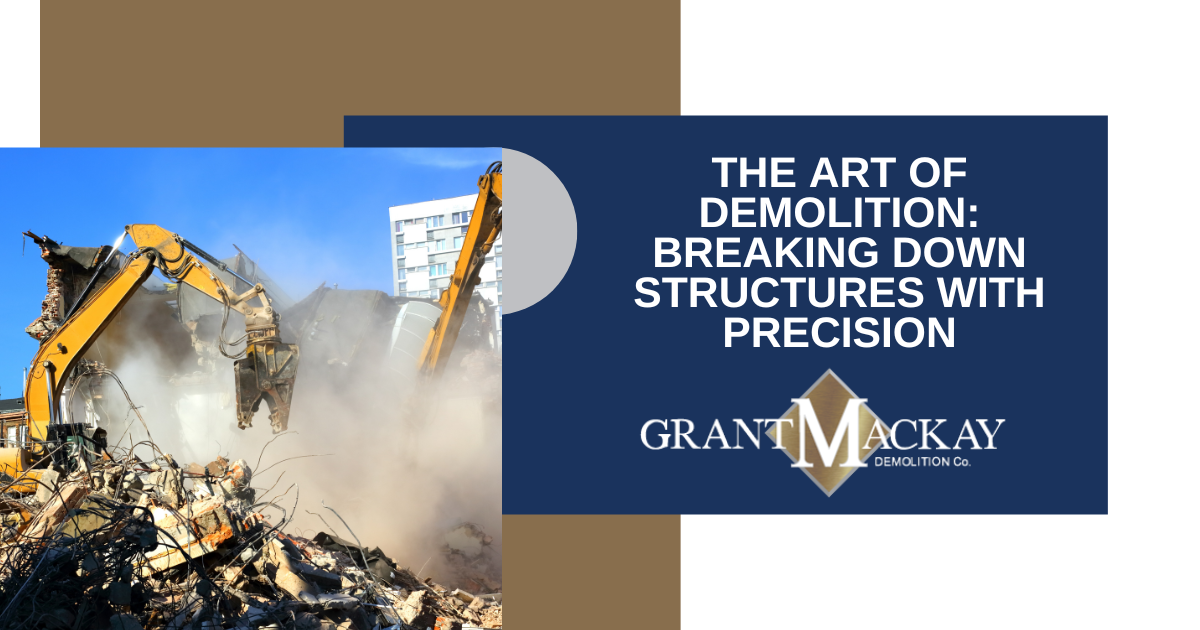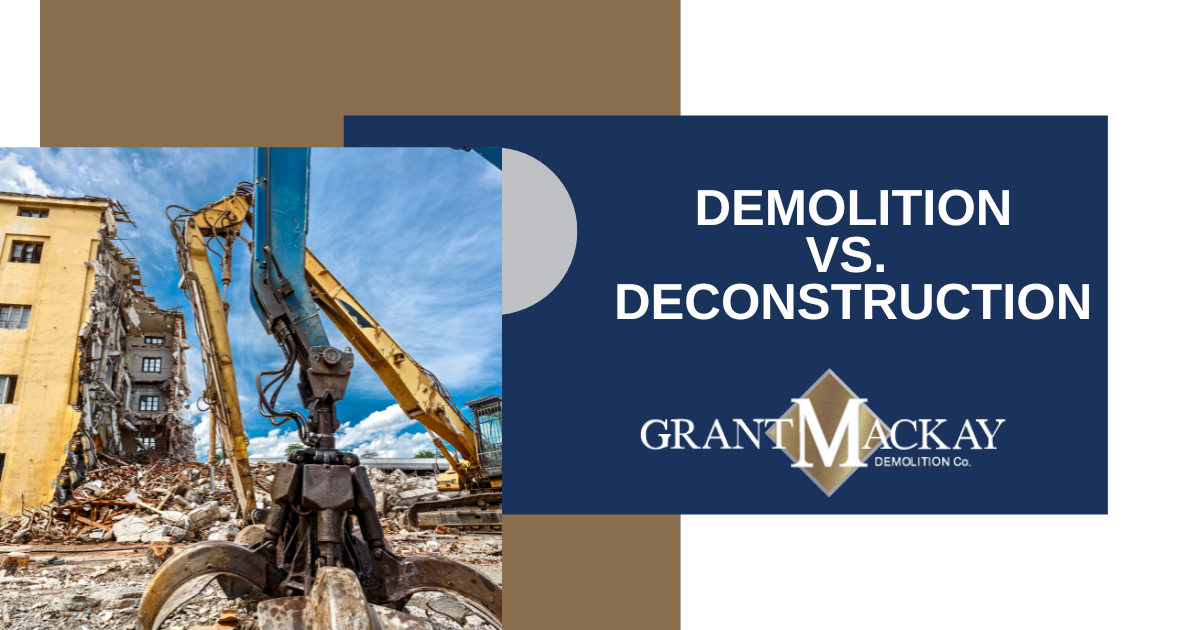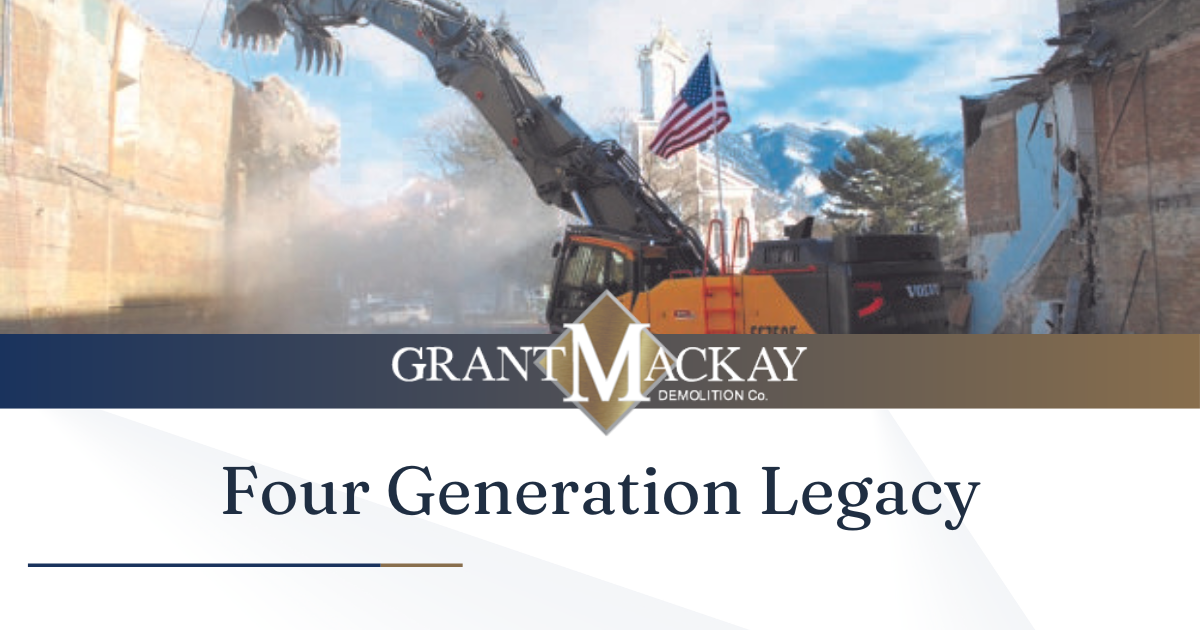Demolition projects are complex undertakings that require careful planning, strategic execution, and meticulous attention to detail. In this article, we will delve into various successful demolition projects to extract valuable insights and lessons learned from each. By analyzing these case studies, we aim to provide construction project managers with a comprehensive understanding of the factors that contribute to a successful demolition project.
Project 1: High-Rise Building Demolition in a Busy City Center
Challenges:
- Limited space and proximity to neighboring structures
- Ensuring minimal disruption to traffic and nearby businesses
- Managing noise levels and dust control in a densely populated area
Strategies Leveraged:
- Detailed pre-demolition survey to assess structural integrity and identify potential risks
- Implementation of a robust safety plan, including securing permits and coordinating with local authorities
- Utilization of advanced demolition techniques such as selective dismantling and controlled explosives
- Regular communication and coordination with stakeholders to minimize disruptions
Impact on the Demolition Industry:
- Showcase of innovative techniques for demolishing high-rise buildings in urban environments
- Highlighted the importance of thorough planning and collaboration with local authorities and stakeholders
- Paved the way for future high-rise building demolitions in similar settings
Project 2: Industrial Plant Demolition with Environmental Considerations
Challenges:
- Presence of hazardous materials, such as asbestos and lead-based paint
- Compliance with environmental regulations and waste management protocols
- Minimizing the impact on surrounding ecosystems and communities
Strategies Leveraged:
- Thorough assessment and removal of hazardous materials prior to demolition
- Implementation of rigorous safety protocols to protect workers and the environment
- Emphasis on recycling and responsible disposal of demolished materials
- Collaborative approach with environmental agencies and community organizations
Impact on the Demolition Industry:
- Set a precedent for environmentally conscious demolition practices in industrial settings
- Highlighted the importance of proper hazardous material removal and waste management
- Increased awareness of sustainable demolition methods and their long-term benefits
Project 3: Bridge Demolition with Limited Disruption
Challenges:
- Ensuring uninterrupted traffic flow during demolition
- Minimizing disruptions to waterway navigation and surrounding infrastructure
- Adhering to strict deadlines due to the critical nature of the bridge
Strategies Leveraged:
- Detailed planning and coordination with transportation authorities and stakeholders
- Utilization of advanced demolition equipment and techniques, such as modular bridge dismantling
- Implementation of temporary traffic control measures, including alternative routes and detours
- Continuous monitoring of noise levels and dust control measures
Impact on the Demolition Industry:
- Demonstrated the feasibility of carrying out bridge demolitions while minimizing disruptions
- Showcased the importance of effective communication and collaboration with transportation authorities
- Provided valuable insights into efficient bridge demolition techniques, leading to time and cost savings
Key Factors for Successful Demolition Projects
In addition to the case studies above, several key factors contribute to the success of a demolition project:
- Safety Protocols: Prioritize the safety of workers, nearby communities, and the environment by implementing comprehensive safety plans, training programs, and adherence to regulatory standards.
- Environmental Considerations: Take proactive measures to identify and address potential environmental hazards, such as hazardous materials, air quality, noise pollution, and waste management. Implement sustainable demolition practices whenever possible.
- Thorough Planning and Coordination: Develop a detailed plan that encompasses all aspects of the demolition process, including permits, logistics, stakeholder engagement, and contingency plans. Regularly communicate and collaborate with all parties involved to ensure a smooth execution.
- Proper Equipment and Techniques: Utilize advanced demolition equipment and techniques that maximize efficiency, minimize disruptions, and ensure worker safety. Stay updated with the latest industry advancements.
- Disposal Methods: Implement responsible waste management practices, including recycling, salvaging reusable materials, and proper disposal of hazardous materials. Minimize environmental impact and comply with local regulations.
By incorporating these factors into your demolition projects, you can increase the likelihood of success while mitigating risks and challenges.
